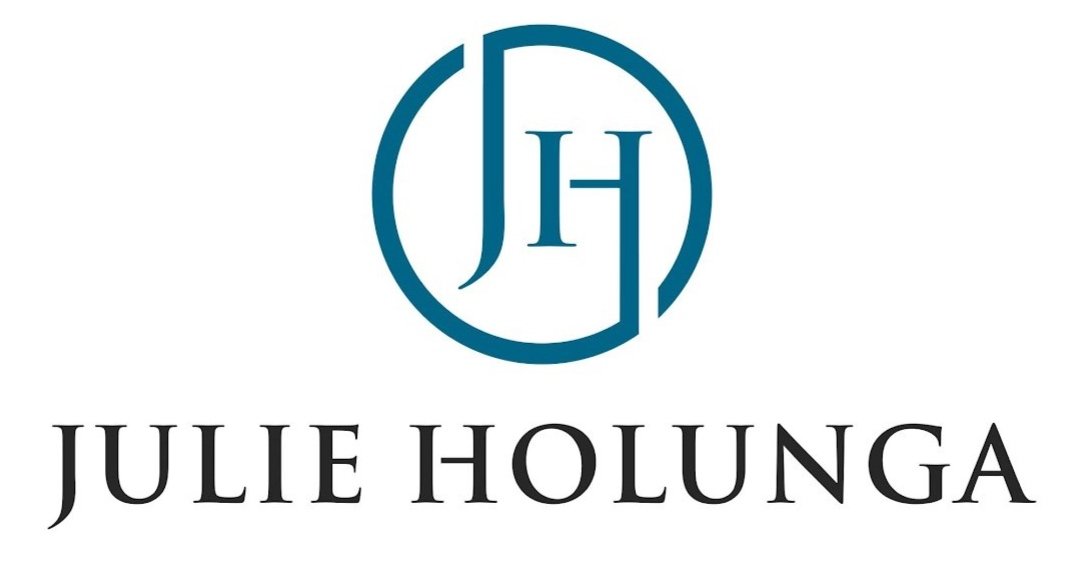Let Me Know If You Have Questions”... and Other Phrases That Weaken Your Leadership
You’re wrapping up a meeting, a presentation, or an important conversation, and out comes the line we have all been guilty of saying: “Let me know if you have any questions.”
It sounds polite. Helpful. Open. But it often lands as vague and passive. Worse, your question is rarely answered.
In my leadership advising work with mid- and senior-level leaders, I’ve noticed a pattern: professionals who are technically strong but linguistically soft. Their intentions are clear: to be collaborative, inclusive, or non-threatening. Yet the words they use dilute their authority, confuse their message, and erode their credibility.
Why This Matters
Communication isn’t about getting your point across. It’s how you build trust, model confidence, and lead with clarity. In fast-paced professional services environments, unclear language doesn’t just slow things down; it creates costly misunderstandings. Research from the University of Pennsylvania shows that clear communication directly improves alignment, trust, and execution within high-performing teams.
Let’s be honest: your team won’t always “let you know.” They may walk away unclear but unwilling to admit it. They may assume they’re the only ones confused. And over time, small gaps in clarity compound into bigger problems, missed deadlines, misaligned goals, or a general lack of accountability.
The Language Audit: 5 Phrases to Retire—and What to Say Instead
If you find yourself saying these phrases, try to replace them with these recommendations instead.
“Let me know if you have questions.”
Say instead: “What questions do you have?”
This signals that questions are expected and welcome, not a sign of weakness.
“I just wanted to check in…”
Say instead: “I’m following up to move this forward.”
“Just” minimizes your purpose. Own your intent.
“Hopefully that makes sense.”
Say instead: “Let me know where I can clarify.”
Don’t cast doubt. Invite clarity and shared understanding.
“I think we should maybe…”
Say instead: “I recommend we…”
Leaders make recommendations, not suggestions wrapped in hesitation.
“Sorry to bother you, but…”
Say instead: “Do you have a moment to connect on…”
Respect their time without undermining your presence.
Strike a Balance Between Meek and Too Aggressive
Your words carry weight. Declarative language demonstrates competence and reliability. It indicates decisiveness to your audience. Leaders who exhibit decisiveness are often perceived as more competent and trustworthy by their peers, which enhances their influence and effectiveness within an organization.
On the other hand, conditional language plants seeds of doubt about your abilities, expertise, and experience. Vague communication doesn’t just confuse, it weakens your leadership signal. One study found that vague language from leaders can even discourage engagement and trust, because it creates uncertainty about direction.
Meek communication sounds unsure—full of “just checking ins” and “hope that’s ok.” Aggressive communication sounds like a steamroller. There is a balance.
The difference is all in your tone and word choice. Confident leaders find the middle ground: they speak with clarity and intent, while remaining open and respectful. Use a calming tone, where you slow your pace slightly. Use pauses to allow your audience to contribute. The key is to lead with confidence and consideration: say what you mean and leave space for others to engage.
Leadership Is in the Language
You don’t need to become robotic or overly direct. But you do need to be deliberate. Your words shape how others see you and how they act. When you speak clearly and intentionally, you invite accountability, reduce ambiguity, and earn respect.
I know what’s going through your mind…you are concerned about speaking too directly, which won’t land with your colleagues or clients. They will be offended, and it will come back to haunt you down the road. I often hear from leaders that they want to be differential with clients and senior leaders, and that is why they speak conditionally, “You know better than I do!”
The Center for Creative Leadership calls communication one of the top four leadership competencies because it drives productivity, influence, and innovation.
Don’t Change Who You Are
This doesn’t require a personality overhaul. It’s a habit shift. I recommend (see what I did there?) you try these steps to change your language:
Pay attention to where you may be differential and where you speak with conviction (situations, people, and circumstances).
Reflect on why you are differential. What is driving this behavior?
Reflect on why you speak with conviction in other situations, people, and circumstances.
Choose one word or phrase to eliminate from your vocabulary.
Choose one word or phrase to add to your vocabulary to replace the weak vocabulary.
Try it out this week: Replace one soft phrase with a stronger one. Then notice the difference in how people respond. Practice this for 3 weeks. What phrase will you eliminate, and what phrase will you adopt?
Want your leaders to communicate with clarity and confidence?
For a deeper dive into the everyday language that weakens your leadership presence, watch my TEDx talk, Don’t Let Your Words Sabotage Your Career.
That’s what I help mid- and senior-level leaders do, without adding more “fluff” to their calendars.
DM me or reach out via my site if your leaders and team are ready to raise the bar.

